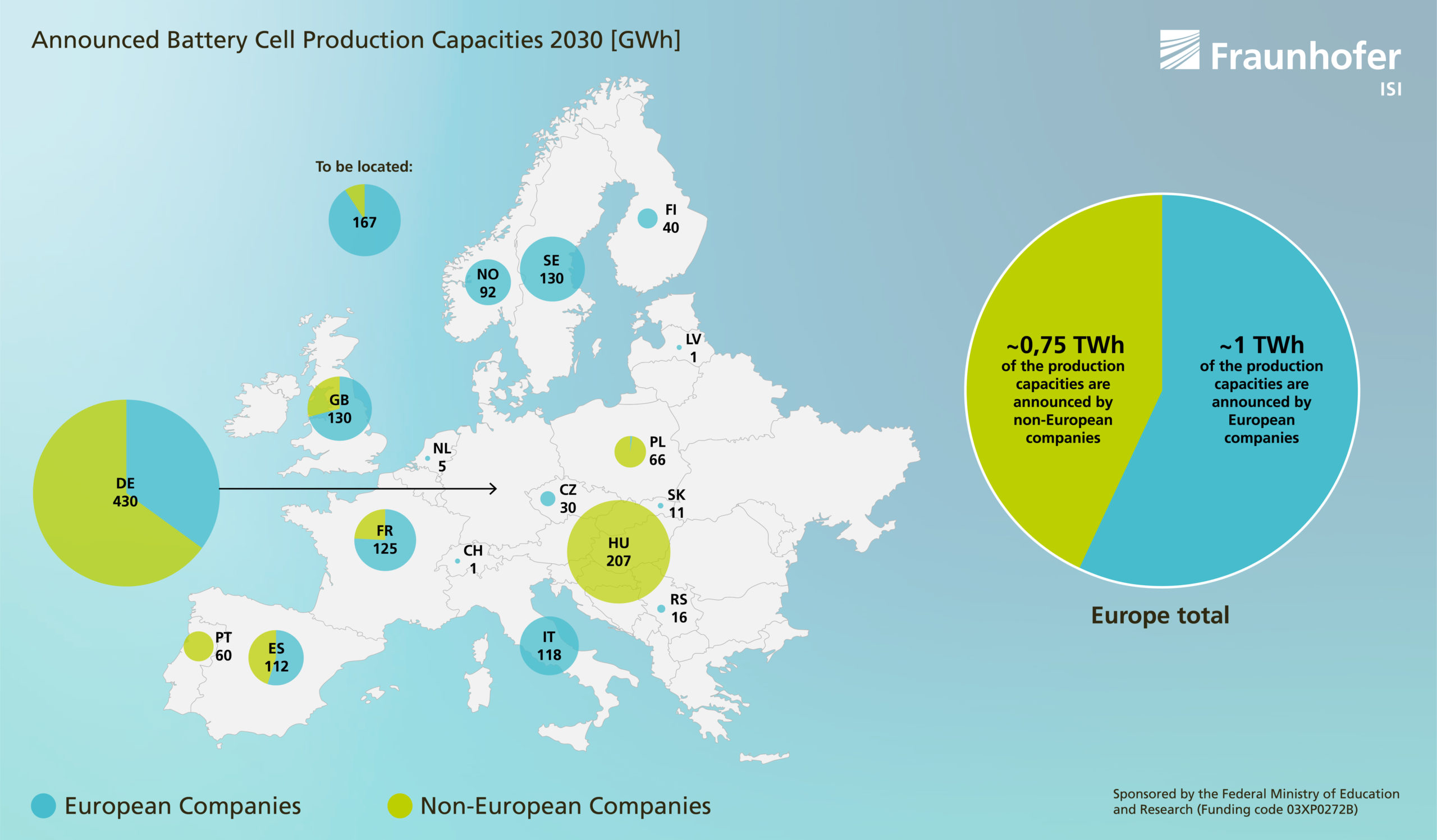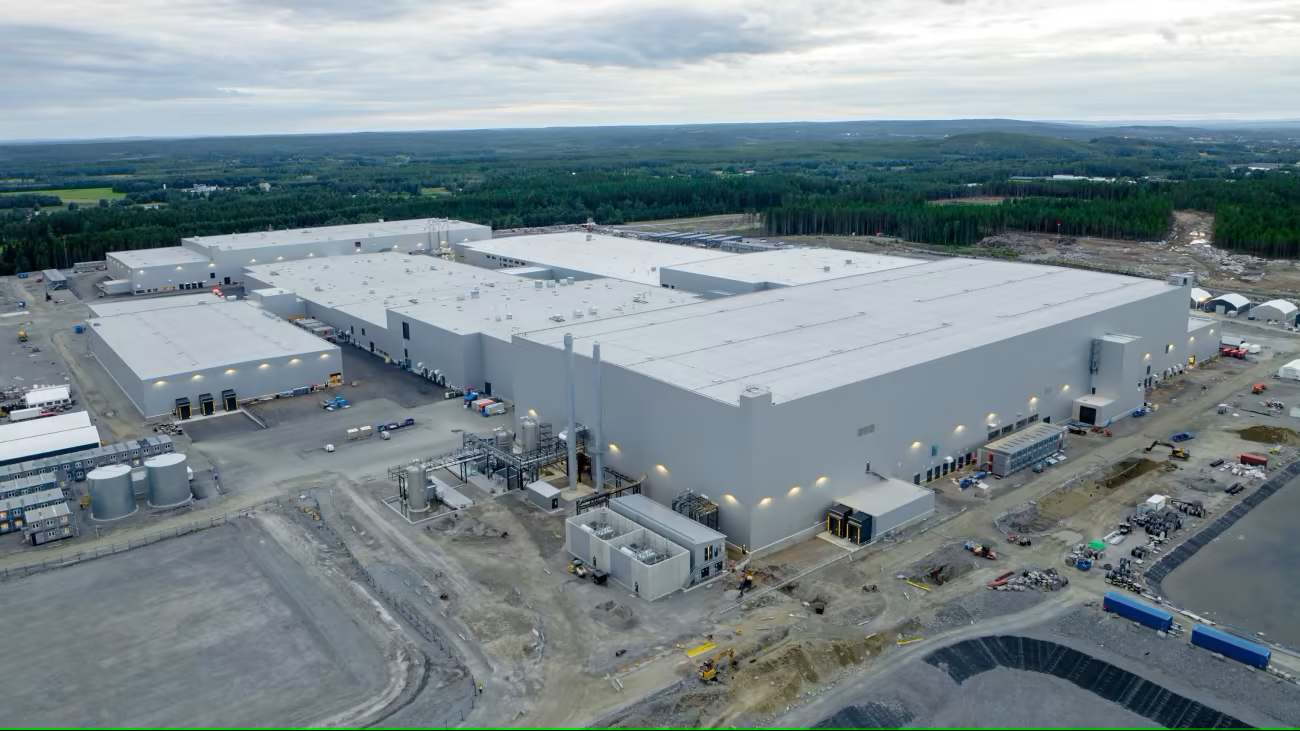Introduction to the Europe battery production roadmap
The European Union is aggressively pushing forward in the field of battery production, marking a significant shift in the global energy landscape. This article delves into the current state and future prospects of battery cell production in Europe, addressing the challenges and opportunities that lie ahead.
Europe’s ambitious goals
With the European Commission’s commitment to climate change and industrial competitiveness, substantial investments are being poured into the battery production sector. This includes the European Battery Alliance’s initiative, designed to foster a competitive and sustainable battery cell manufacturing chain in Europe, with a significant focus on environmental standards and green technology.

The challenge of dominance and competition
Despite these efforts, Europe faces stiff competition from the US and China, with major Asian companies currently dominating the global battery market. The US Inflation Reduction Act has further intensified this competition, creating a need for Europe to bolster its production capabilities and secure its position in the global market.
Why EBBC – The need of European collaboration in battery expertise
The EBBC is based on the latest research findings concerning the most cutting-edge technologies, and how this drives the battery industry. The latest findings from research and current developments are provided by Uppsala University in Sweden, the University of Ljubljana in Slovenia and various Fraunhofer institutes from Germany. The development of the EBBC was funded by EIT Raw Materials.
Its purpose is to stand at the forefront of the continent’s response to global competition in the battery sector. This collaborative effort aims to pool knowledge and insights from across the industry, creating a think tank that not only promotes but actively participates in the advancement of battery technology.
The EBBC’s mission is to facilitate innovation and support Europe’s ambition to be a pivotal player in the global battery market, harnessing collective expertise for widespread benefit. The need for battery insights will be a key factor for the EBBC initiative, which aims to provide an educational platform combined with community gathering for existing and future battery professionals.
The risk to European battery production
Close to 50 lithium-ion battery factories are planned in Europe by 2030. However, almost 70% of the potential battery cell capacity in Europe is at risk due to various factors, including competition from the US and China, project maturity, funding challenges, and permit issues.
The role of gigafactories and raw material shortages
Europe is racing to build gigafactories, with a total of 35 lithium-ion production projects announced across the continent. However, the region faces challenges in securing raw materials crucial for battery production, highlighting the need for strategic planning and international cooperation.
The green idea about future battery production
The future of battery production is inextricably linked to green innovation. With sustainability at the heart of development, the industry is pivoting towards eco-friendly materials and processes. This includes a shift to renewable energy sources in manufacturing, recycling of battery components, and research into alternative chemistries that reduce reliance on rare earth elements. The vision is clear: to create batteries that not only power our lives but also protect our planet. The aim is to ensure that the environmental footprint of batteries is as small as their size, and their lifecycle as circular as the economy we strive for.

The impact of government support and regulation
European governments are providing substantial financial backing and regulatory support to boost local battery production. Initiatives like the European Battery Alliance and support from the European Investment Bank play a critical role in facilitating this growth.
Let’s summerize
The journey towards establishing a robust battery production sector in Europe is filled with challenges and opportunities. Strategic planning, governmental support, and industry collaboration are essential to ensure Europe’s competitiveness in this rapidly evolving sector. Find out more on Fraunhofer ISI.




